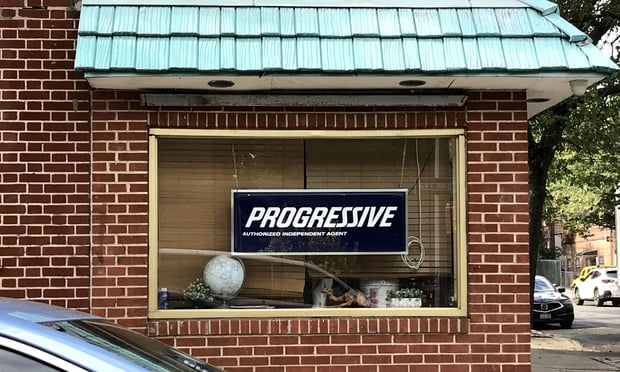The market for Takaful, or insurance based on Islamic principles, has recorded impressive premium growth rates and should reach more than $7 billion by 2015, Moody's Investors Service said in an analysis released today.
Growth rate has been about 20 percent in recent years, with total premiums of more than $2 billion in 2005, according to Moody's.
Moody's Special Comment, titled "Takaful: A Market with Great Potential," explains the key types of Islamic insurance, which comprise two main lines: general (non-life) and family (life), as well as the three main operational models: Al-Wakala, Al-Mudharaba and Waqf.
It also discusses the emergence of Takaful reinsurance capacity, or Re-Takaful, the development of which Moody's believes will be critical to overall growth in the Takaful market going forward.
The rating agency said its approach to analyzing the financial strength of a Takaful company is essentially the same as with a conventional mutual insurance company, but with some key differences.
"Conventional insurance has been deemed to be in conflict with Shariah (Islamic law) for two key reasons," said Timour Boudkeev, a Moody's vice-president/senior credit officer and author of the report. "Firstly, traditional insurance is thought to have a large element of 'gharar,' a term that denotes uncertainty, ambiguity or deception."
He explained that as the payoff from an insurance policy is dependent on occurrence of uncertain events in the future, the amount of compensation has no predictable relationship with the insurance premium. This disqualifies conventional insurance as an acceptable financial product under Islamic law.
The second reason, he said, relates to traditional insurers' investment strategies. "As 'riba' (interest) is forbidden under Shariah, conventional bonds and other sources of funding are not viewed as Islamically acceptable," the analyst explained.
"The main concept that differentiates Takaful from conventional insurance is that of co-operation, or solidarity," he said. "Somewhat similar to a mutual insurer, the purpose of the company is not to generate profits but to share risk between members, thus making it more manageable for each of them."
An important point, he added, is that consideration for the insurance service is classified as a "donation," rather than a "premium." This may have implications for the structure of certain long-term life insurance products," Mr. Boudkeev said.
Moody's said that in analyzing a Takaful company, the distinction between a "premium" and a "donation" is more cultural than economic.
The Takaful arrangement is similar to that of a conventional mutual insurance company, Moody's said.
The rating agency's report also discusses a number of additional considerations relating to corporate governance--asset allocation, structural features, capitalization strategies and the regulatory environment--that need to be taken into account when rating a Takaful company.
Want to continue reading?
Become a Free PropertyCasualty360 Digital Reader
Your access to unlimited PropertyCasualty360 content isn’t changing.
Once you are an ALM digital member, you’ll receive:
- Breaking insurance news and analysis, on-site and via our newsletters and custom alerts
- Weekly Insurance Speak podcast featuring exclusive interviews with industry leaders
- Educational webcasts, white papers, and ebooks from industry thought leaders
- Critical converage of the employee benefits and financial advisory markets on our other ALM sites, BenefitsPRO and ThinkAdvisor
Already have an account? Sign In Now
© 2024 ALM Global, LLC, All Rights Reserved. Request academic re-use from www.copyright.com. All other uses, submit a request to [email protected]. For more information visit Asset & Logo Licensing.








